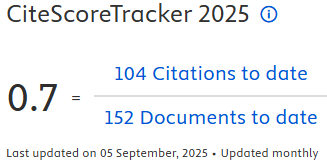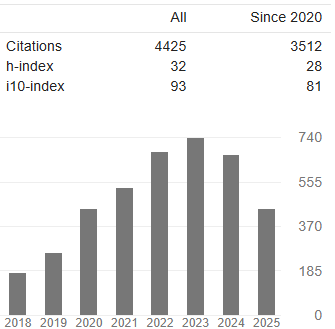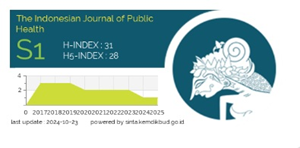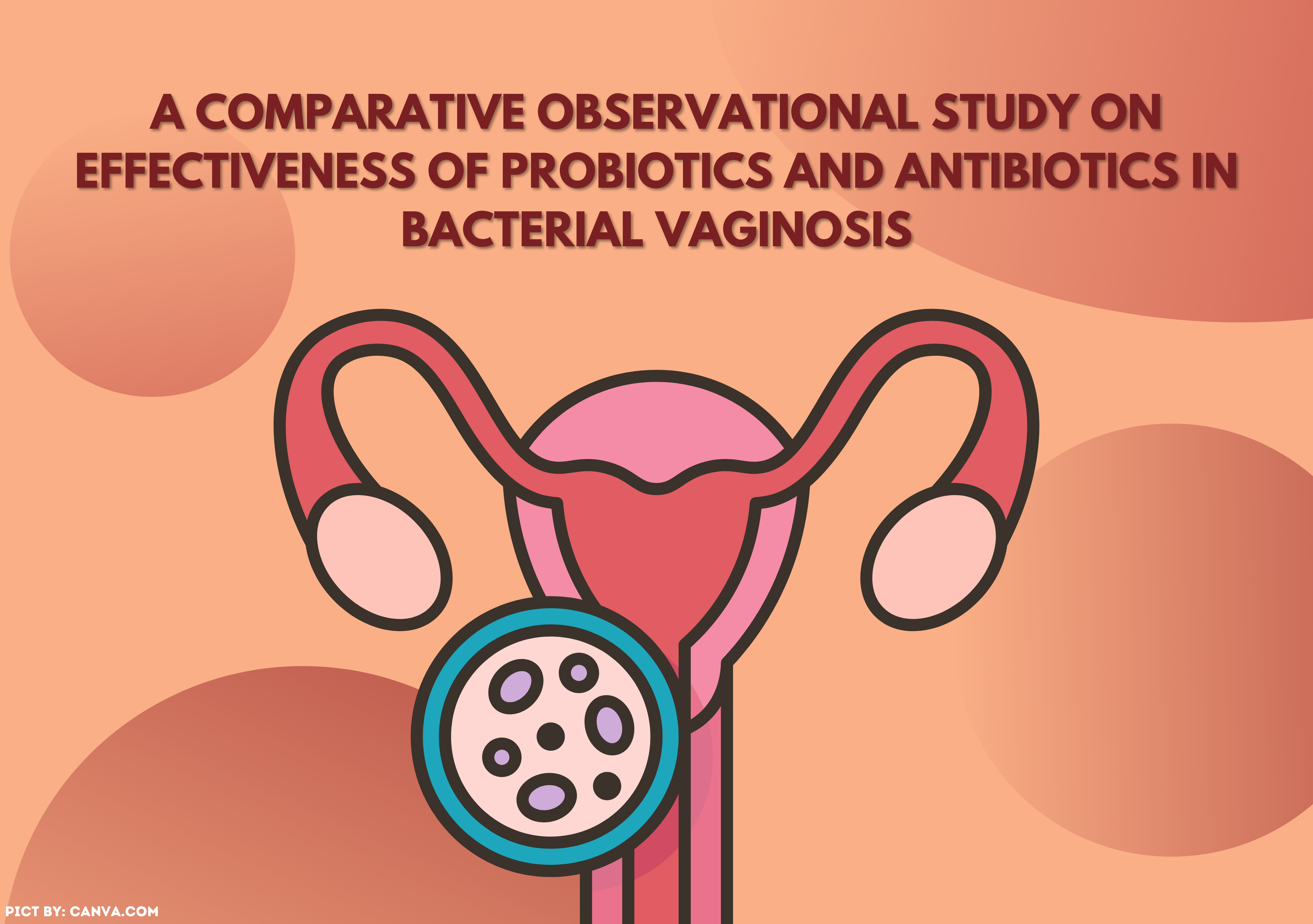OUTCOMES OF MANAGEMENT DEVELOPMENT PROGRAM FOR EMPLOYEES OF NADHLATUL ‘ULAMA HOSPITAL

Introduction: The various management development interventions that have been implemented seem to have not identified the characteristics of the role model, perceived control, and understanding of the Management Development Program (MDP) itself. The MDP effectiveness evaluation model also seems to have not received much attention. Analyze the influence of the characteristics of the Management Development Program, i.e., role models, feelings of control, and understanding that result in organizational commitment, utility, and participatory Behavior. Methods: The research population was 130 employees of NUH Jombang. Samples were taken using a simple random sampling technique of 100 employees from various work units. Statistical analysis used is path analysis to determine the direct and indirect effect on organizational commitment, utility, and participation behavior. Results: The higher MDP characteristics that consist of role model, perceived control, and understanding will be followed by high organizational commitment, utility, and participative behavior as positive outcomes. Conclusion: The study results can improve understanding of the characteristics of the relevant Management Development Program to improve employee outcomes. Employee outcome, i.e., organizational commitment, Utilities which include intrinsic – extrinsic – organizational benefits, behavior that includes the willingness to participate in development activities, innovative behavior that is beneficial to the organization, and sharing opinions.
Aguinis, H. and Kraiger, K. (2009) ‘Benefits of training and development for individuals and teams, organizations, and society', Annual Review of Psychology, 60, pp. 451–474. doi: 10.1146/annurev.psych.60.110707.163505.
Ardts, Joost, C. A., Velde, Mandy, E. G. van der and Maurer, T. J. (2010) ‘The Influence of Perceived Characteristics of Management Development Programs on Employee Outcomes', Human Resource Development Quarterly, 21(4). doi: 10.1002/hrdq.20055.
Arthur, W. et al. (2003) ‘Effectiveness of training in organizations: A meta-analysis of design and evaluation features', Journal of Applied Psychology, 88(2), pp. 234–245. doi: 10.1037/0021-9010.88.2.234.
Balu, L. (2019) ‘Impact of Management Development Programs on Individual Performance', International Journal of Research and Analytical Reviews, 6(1).
Bell, B. S. et al. (2017) ‘Supplemental Material for 100 Years of Training and Development Research: What We Know and Where We Should Go', Journal of Applied Psychology, 102(3), pp. 305–323. doi: 10.1037/apl0000142.supp.
Benbassat, J. (2014) ‘Role modeling in medical education: The importance of a reflective imitation', Academic Medicine, 89(4), pp. 550–554. doi: 10.1097/ACM.0000000000000189.
Carballo, R. R., Leon, C. J. and Carballo, R. M. (2020) ‘Training of human resources in tourism to mitigate overtourism and promote a sustainable destination', in Overtourism And Tourism Education. First. Routledge, p. 19.
Gladstone, J. R. and Cimpian, A. (2021) ‘Which role models are effective for which students? A systematic review and four recommendations for maximizing the effectiveness of role models in STEM', International Journal of STEM Education. Springer International Publishing, 8(1). doi: 10.1186/s40594-021-00315-x.
Al Jabri Basel and Ghazzawi, I. (2019) ‘Organizational Commitment: A Review of the Conceptual and Empirical Literature and a Research Agenda', International Leadership Journal, 11(1), pp. 78–119.
Kalhor, R. et al. (2018) ‘Role of Organizational Climate in Job Involvement: A Way to Develop the Organizational Commitment of Nursing Staff', Journal of Evidence-Based Integrative Medicine, 23, pp. 1–5. doi: 10.1177/2515690X18790726.
Lejonberg, E. et al. (2018) ‘Developmental relationships in schools: pre-service teachers' perceptions of mentors' effort, self-development orientation, and use of theory', Mentoring and Tutoring: Partnership in Learning. Routledge, 26(5), pp. 524–541. doi: 10.1080/13611267.2018.1561011.
Nuraini, E. et al. (2015) ‘The impact of management development program to employees, job performances of a telecommunication company in Indonesia', European Journal of Business and Management, 7(11), pp. 161–168.
Nuryanti, Y. et al. (2020) ‘Meningkatkan Komitmen Organisasional Dosen : Analisis Pengaruh Kepemimpinan Perguruan Tinggi', Journal of Education, Psychology and Counselling, 2(1).
Paul, S. (2019) Managing Development Programs: The Lessons of Success. First Edit. New York: Routledge. doi: https://doi.org/10.4324/9780429049255.
Philippaers, K., De Cuyper, N. and Forrier, A. (2019) ‘Employability and performance: The role of perceived control and affective organizational commitment', Personnel Review, 48(5), pp. 1299–1317. doi: 10.1108/PR-04-2017-0098.
William, O. E. (2015) the Effect of Management Skills in the Implementation of Strategy By Smes in the Pharmaceutical Industry in Nairobi City County , Kenya.
Woolnough, H. M. and Fielden, S. L. (2016) ‘Designing and Implementing a Formal Mentoring Programme', Mentoring in Nursing and Healthcare, pp. 81–100. doi: 10.1002/9781119180449.ch5.
Xu, L., Chu, X. and Ling, M. (2021) ‘Influence of role models on public participation in household waste separation: An examination of local contextual moderators', Sustainable Production and Consumption. Elsevier B.V., 27, pp. 1934–1943. doi: 10.1016/j.spc.2021.04.032.
Copyright (c) 2022 The Indonesian Journal of Public Health

This work is licensed under a Creative Commons Attribution-NonCommercial-ShareAlike 4.0 International License.
- The authors agree to transfer the transfer copyright of the article to The Indonesian Journal of Public Health effective if and when the paper is accepted for publication.
- Authors and other parties are bound to the Creative Commons Attribution-NonCommercial-ShareAlike 4.0 International License for the published articles, legal formal aspect of journal publication accessibility refers to Creative Commons Attribution-NonCommercial-ShareAlike 4.0 International License (CC BY-NC-SA), implies that:
- Attribution ” You must give appropriate credit, provide a link to the license, and indicate if changes were made. You may do so in any reasonable manner, but not in any way that suggests the licensor endorses you or your use.
- NonCommercial ” You may not use the material for commercial purposes.
- ShareAlike ” If you remix, transform, or build upon the material, you must distribute your contributions under the same license as the original.































